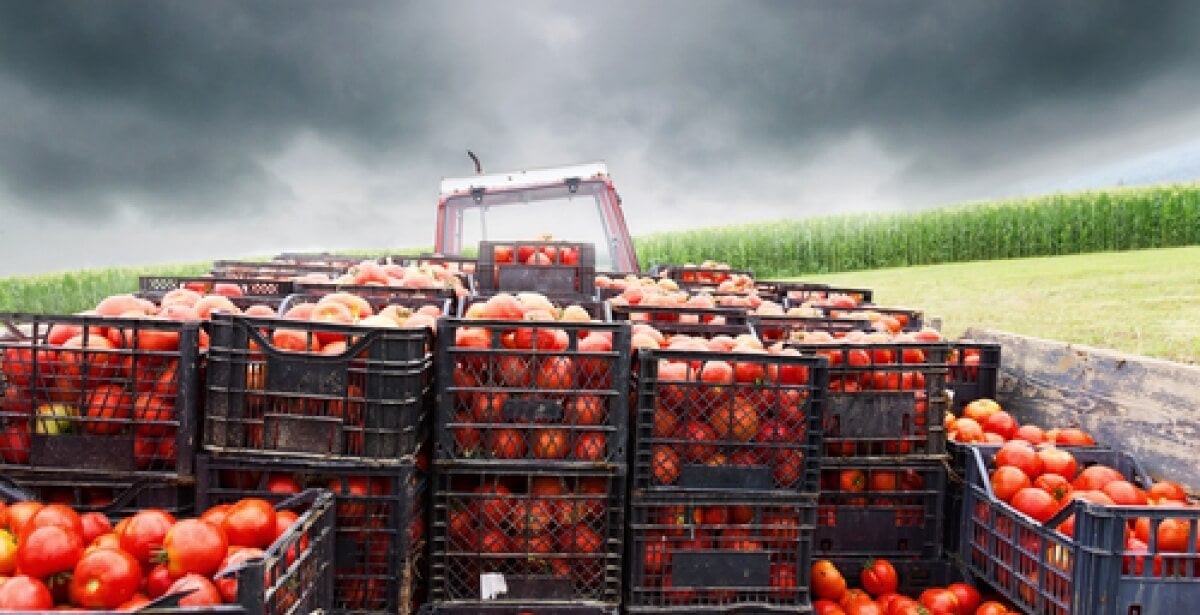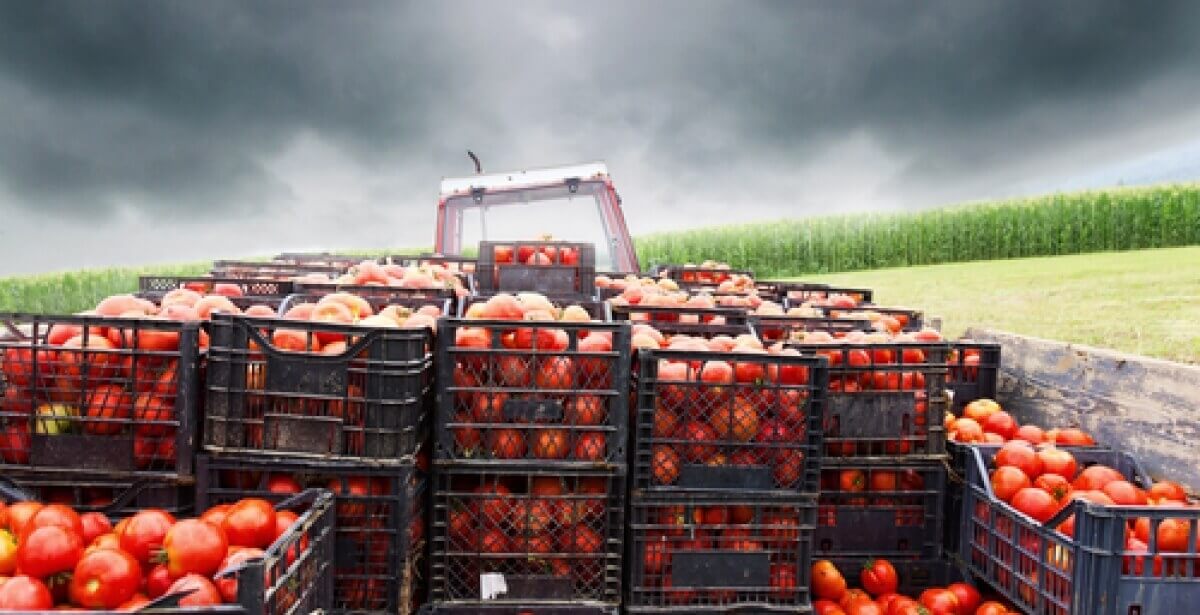
Supply Chain Challenges of Organic Food
Supply chain professionals involved with organic food products face a myriad of challenges. They have to respond to industry changes and customer demands in ways that support sustainability while ensuring profits for shareholders.
A Booming Industry
In the not-so-distant past, organic food was not as easy to find. Options were limited. You could farm it yourself or perhaps stop by a seasonal farmer’s market. Now, during any season, you can buy organic food from any number of local and national retail stores. You can even buy organic food and produce from Costco and Walmart, American stores typically known for selling bulk items at low prices. Surprisingly, Costco reported four billion dollars in organic food sales in 2016 (Laurence, 2017).
To get a sense of how the organic food industry has changed, consider the following statistics from the U.S. Organic Trade Association:
- Organic sales in the U.S. totaled around $47 billion in 2016
- Organic food now accounts for more than 5% of total food sales in the U.S.
- Organic is the fastest growing sector of the U.S. food industry
- 75 million Millennials are now eating organic food
- Parents in the 18- to 34-year-old age range are now the biggest group of organic food buyers in the U.S.
“The growth in the popularity and demand for organic food has led to far-reaching changes within the food and beverage industry. Perhaps the most significant of these changes are the ones made to food supply chains to adapt to industry demands and new ways of procuring, sourcing, and producing food products. Organic food supply chains are faced with heavy pressure to increase their output in order to keep pace with the retail sales of organic food products” (SpendEdge, 2018).
Distinct Challenges
Adapting to the demands of the organic food industry calls for supply chain experts who can use creative problem-solving, build collaborative relationships, and stay informed of changing government regulations. A few additional and specific challenges supply chain professionals face include food mileage, potential contamination, and ensuring transparency.
Food Mileage
Food mileage is a term which refers to the distance food is transported from the time of its production until it reaches the consumer. Food mileage is important as it directly relates to environmental issues as well as the social and economic consequences of how food is produced, marketed, and sold.
“With the increasing emphasis on sustainability, a large number of food retail giants are conscious of the miles their food travels before reaching the customer. Food miles is a major factor used to assess the environmental impact of food, including the impact on global warming. By promising to improve the logistics associated with their food network, these companies can exercise corporate social responsibility for creating a greener environment” (Cognizant, 2014).
Preventing Contamination
Keeping organic foods separate from non-organic foods presents an additional challenge for supply chain managers.
“This is an especially important point for vegan organic products and organic meats. This often means that companies that offer both organic and non-organic food products must use two different machines for each step of production, increasing costs overall. Alternatively, they can choose to clean them thoroughly between organic and non-organic use, which also leads to increased costs and impedes the speed of production. It is necessary that manufacturers and distributors maintain organic food standards and practices so as to not deceive consumers about the quality and state of the product that is being sold” (SpendEdge, 2018).
Ensuring Transparency
Today’s consumers are more motivated and have access to more information regarding the kind of foods they want. Consumers place a great deal of trust in the companies that harvest, source, and sell organic food. Unfortunately, there have been several high profile cases of fraud. Selling non-organic food, or non-organic ingredients, as organic is unethical. Supply chain professionals, with their collaborative partners, must take steps to ensure and maintain transparency within all parts of the supply chain.
Kettering University Online: M.S. in Supply Chain Management
As the organic food industry continues to grow, companies are challenged to sell their products at an affordable price within a landscape that is increasingly competitive. This new landscape requires a new breed of professional who can manage the complexities of a global supply chain in a fast growing competitive marketplace while meeting consumer expectations.
The Master of Science in Supply Chain Management from Kettering University Online presents a conceptual framework for understanding supply chain management.
Course content includes consideration of concepts, trends, and technologies that enable successful global supply chain management. Students learn how customer needs, competitive advantage, operational measures, and financial performance, support successful implementation of supply chain management. They also learn how operational activities including information systems, procurement, demand planning and forecasting, inventory management and logistics support organizational goals.
The organic food industry is growing exponentially, and the need for supply chain professionals who can implement effective strategies for streamlining supply chain management operations, as well as lead teams as they navigate the complexities of a global supply chain, cannot be understated.
For further reading, check out this blog post: ;The Connection Between Supply Chains and Profitability
Sources:
SpendEdge (2018). Challenges in maintaining organic food supply chains. Retrieved from spendedge.com
Laurence, E. (2017, February 27). Watchout, Whole Foods: How Costco became the most important player in the organic produce game. Retrieved from wellandgood.com
Cognizant (2014). Supply chain management of locally-grown organic food: A leap toward sustainable development. Retrieved from cognizant.com

